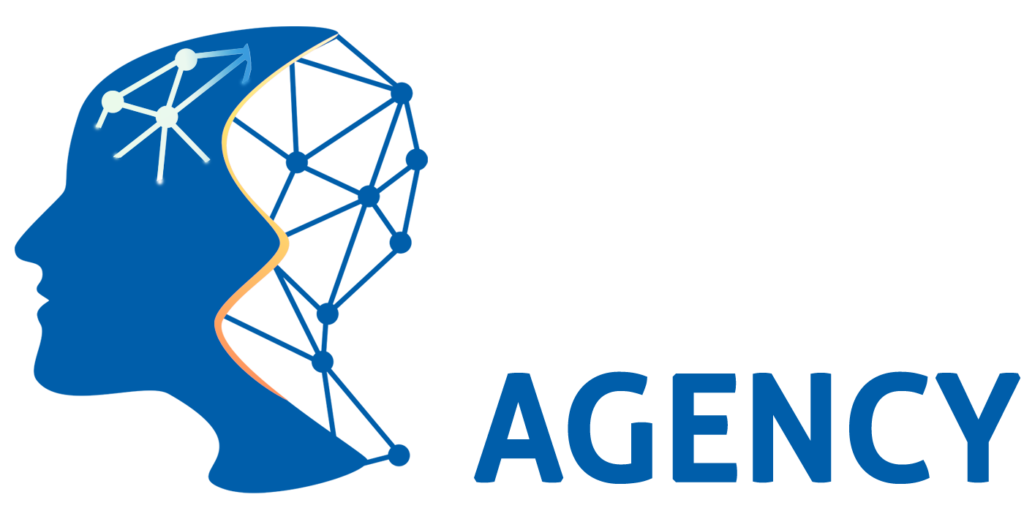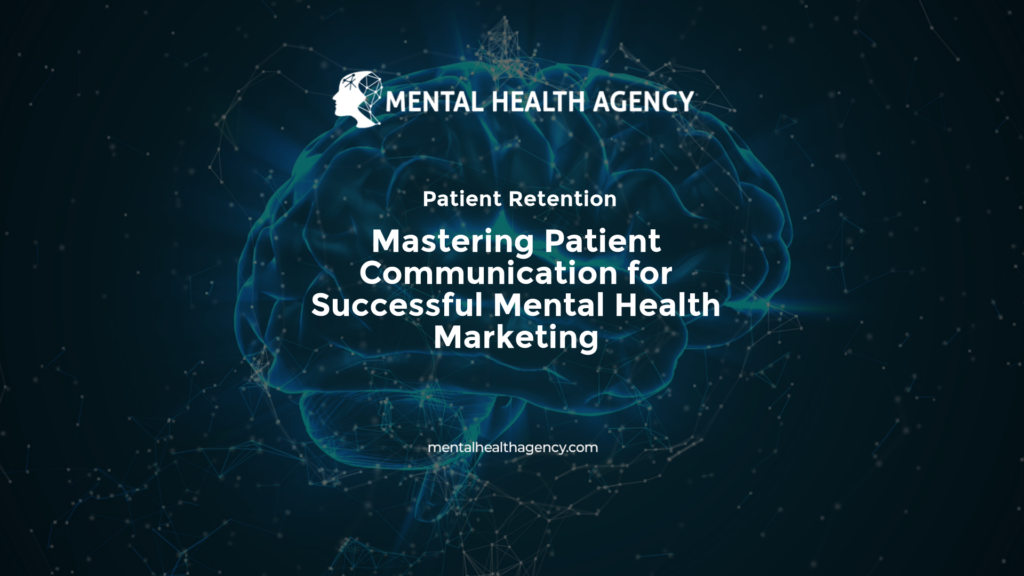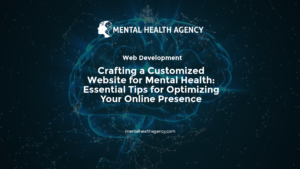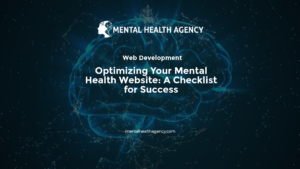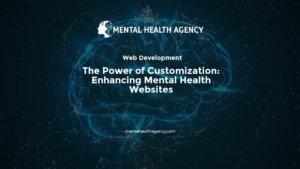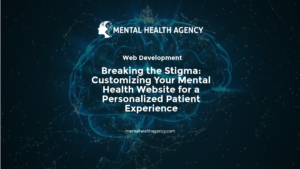Mastering Patient Communication for Successful Mental Health Marketing
Communicating with patients is an integral part of successful mental health marketing. Your marketing efforts may bring prospective patients to your website, but effective communication strategies can help convert those visitors into actual patients. Poor communication can be a major obstacle in building trust and establishing a strong relationship between a patient and a mental health provider.
The Importance of Patient Communication
The ability to communicate effectively with patients can help mental health professionals create a welcoming and inclusive environment. Mental health can be a sensitive topic for many, and patients need to feel safe and cared for in order to share their experiences. Patients are more likely to be honest and forthcoming with information when they feel valued and heard. Moreover, effective communication can enhance the overall patient experience, leading to better satisfaction rates and improved patient retention.
Mastering Patient Communication
It’s important to understand that effective communication is a two-way process. Mental health professionals must master both verbal and nonverbal communication to create a positive experience for their patients.
Verbal Communication
Verbal communication is the exchange of information or messages through spoken words. The following are some tips for mastering verbal communication:
- Speak clearly and slowly: This ensures that the patient can understand what you’re saying.
- Listen actively: Pay attention to what the patient is saying, and avoid interrupting or rushing them.
- Use open-ended questions: These encourage patients to share more about their experiences, thoughts, and feelings.
- Avoid using medical jargon: Patients may not understand technical terms, and using them can create confusion or anxiety.
- Repeat important information: Ensure that patients understand their diagnosis, treatment plan, and other important details by repeating key information throughout the conversation.
Nonverbal Communication
Nonverbal communication refers to gestures, facial expressions, and body language that can convey meaning and emotion. Mental health professionals should be mindful of their nonverbal cues and use them to create a comfortable and welcoming environment. Consider the following tips:
- Maintain eye contact: This shows that you’re interested in what the patient is saying and can help establish trust.
- Use facial expressions: Smiling or nodding can convey empathy and understanding.
- Be aware of your body language: Leaning in shows that you’re engaged, while crossing your arms can create a defensive or dismissive posture.
- Mirror the patient’s body language: This can help create a sense of rapport and build trust.
The Benefits of The Mental Health Agency Services
The Mental Health Agency provides digital marketing services tailored to mental health professionals. The company can help you communicate more effectively with your patients by improving your website, online reputation, and social media presence. The advantages of The Mental Health Agency services include:
- Search Engine Optimization (SEO): Improve the visibility and ranking of your website in search engine results for relevant keywords.
- Branding and Logo Design: Establish a professional and recognizable brand image that reflects your values and mission.
- Patient Retention: Increase patient engagement and retention through personalized communication and follow-up.
- Content Marketing: Create informative and engaging content that educates and inspires patients to take action.
- Video Marketing: Use video to demonstrate your expertise and connect with patients on a deeper level.
- Marketing Automation: Streamline your marketing efforts and save time by automating repetitive tasks.
- Google Local Service Ads: Increase your visibility in local search results and attract new patients in your area.
- Paid Search Advertising: Reach new patients quickly and efficiently with targeted paid advertising campaigns.
- Mobile and Text Marketing: Communicate with patients on-the-go through text messages and mobile campaigns.
- Reputation and Review Management: Monitor and manage your online reputation and reviews to enhance patient trust and credibility.
- Social Media Management: Build a social media presence that engages patients and promotes your services.
- Web Design: Create a professional, responsive, and user-friendly website that meets the needs of your patients.
- Email Marketing: Stay in touch with your patients through personalized email campaigns that provide valuable information and updates.
- Health Care Technology Consulting: Choose and implement the right technology solutions for your practice, including EHR/EMR systems, patient scheduling, mental health assessment technology, telemedicine platforms, and more.
- Medical Directory Optimization: Ensure that your practice is listed accurately and prominently in relevant medical directories, improving your visibility and reputation.
Conclusion
Effective patient communication is crucial for mental health professionals who want to connect with their patients and build lasting relationships. By using the right verbal and nonverbal communication strategies, you can create a welcoming and inclusive environment that encourages patient engagement and retention. At The Mental Health Agency, we understand the unique challenges and opportunities faced by mental health professionals. Our digital marketing services are tailored specifically to the needs of these professionals, and we’re here to help you improve your patient communication and generate more leads for your practice. Schedule a strategy session with our experts today to learn more about how we can help you succeed.
